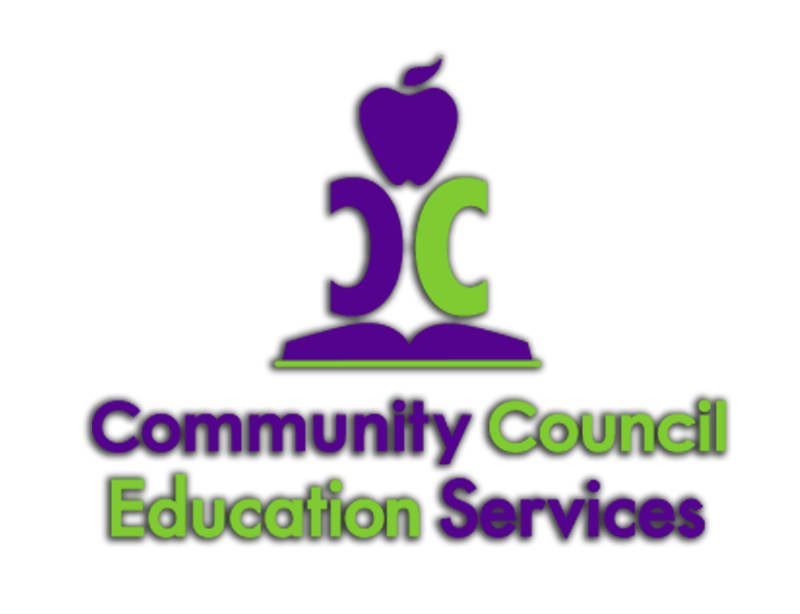Therapeutic Emotional Support Classroom
The TESC program was designed to address the concerns of the growing number of TSS (Therapeutic Support Staff) present in schools throughout the city of Philadelphia. In the TESC classroom, those students who would have initially been referred for in-school BHRS services are authorized by CBH for 181 days to have a full time Master Level Clinician who is assigned to 4 or more students in the classroom.
The Master Level Clinicians provides group and individual therapeutic sessions to identified clients. These sessions provide skills and guidance to empower clients to gain independence and mastery skills. The clinicians are assisting the clients for successful discharge and successful transitioning into the mainstream population. The master level clinicians use strength-based and research-based approaches, such as a client’s natural resiliency to stress.
Emotional Support Classrooms
The Emotional Support Classroom (ES) goals are to provide the highest academic and ethical services that will foster positive interactions with each other and society as a whole. It is our main focus to identify student’s strengths as they work diligently with our staff to become lifelong learners and productive in the school community.
Our core services consist of our lead teacher implementing The Common Core. Our teachers and their support teams implement the RE-ED Philosophy and Circle of Courage. These two philosophies guide our students in the direction of becoming acclimated to a safe educational environment. This allows them the resources and skills that restructure their academic and emotional concerns associated with them facing challenges that hindered them from being able to function in the regular education setting.
In addition to these philosophies, Community Council Education Services implements Restorative Practices. Restorative Practices is a social science that studies how to build social capital and achieve social discipline through participatory learning and decision-making. Thus, allowing students the opportunity to improve human behavior, strengthen civil society, reduce violence and bullying, restore relationships, provide effective learning and repair harm. All of these practices are implemented by our trained teachers, and behavioral support staff through our teacher counselor model.


